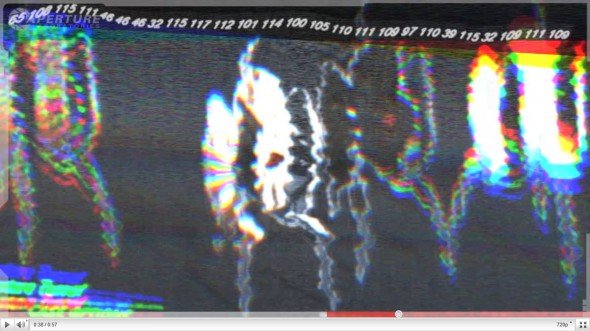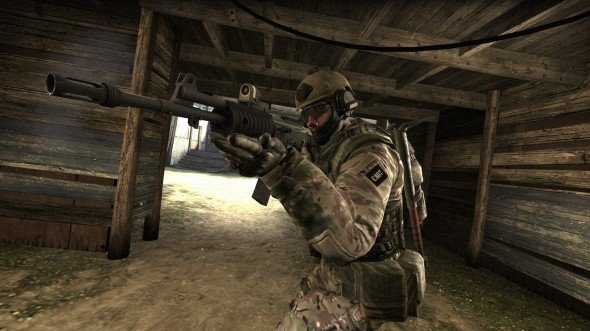
PC Gamer: Do you think that Steam has a responsibility to promote the PC, in the same way that Microsoft or Sony promote their consoles?
Gabe Newell: It's a lot easier for me to think of it as having a responsibility to gamers and game developers. It's hard to test being the flagbearer for the PC. It's a lot easier to go out to customers and find out, “Do you like this? What do you dislike about this? How can we make this better?”
So we tend to be a little narrower in terms of how we try to think about what problems it needs to solve.
Obviously we love the PC, we love the openness of the PC, we value the hardware innovation. It wouldn't be possible to move this quickly if it weren't for the existence of an open internet client and an open hardware client like we have. It's why all the consoles are using PC graphics hardware now.
PC Gamer: There are always adverts on TV for the latest games at Christmas. There's a PS3 one and an Xbox one, and I'd love it if there was a Valve one, saying: “That's on PC, and it looks better on PC, and here are all the games you can play on PC."
Gabe Newell: The thing that we've been successful with are the Steam sales. The sales have done a really good job of creating a huge amount of support, for customers getting huge numbers of games, and for the developers. The thing that we tried in the last summer sale was to build a story and make the sale itself have entertainment value.
I think you'll see us do more of that in the future because it helps get people excited to try stuff that they haven't tried before. In other words, the revenue being generated by all games developers goes up when the vehicle that you're doing it by is in and of itself entertaining.
The biggest gaming news, reviews and hardware deals
Keep up to date with the most important stories and the best deals, as picked by the PC Gamer team.

PC Gamer: So we can expect more things like the Portal 2 potato ARG on Steam?
Gabe Newell: Oh absolutely. Obviously you can't just do another ARG like that, but that cross-game cooperative promotion was super effective. And even if you didn't buy any of those games, you still got entertainment value out of it.
As much as the individual developers created entertainment out of it, all of the fans had room to participate. They were as much a part of the value as the individual developers, and that's a really good sign.
PC Gamer: Why do you think Counter-Strike is still so popular on Steam?
Gabe Newell: Counter-Strike is a really good game, and the value of a multiplayer game is embedded as much in the ecosystem as it is in anything. We're aware of that and we need to get an update out there to all those customers.
There are a bunch of people on the consoles who need an opportunity to play Counter-Strike and, you know, we've been doing regular updates of Counter-Strike: Source, but we need to make a larger investment and get something out to those players as well.

PC Gamer: Today, when Steamworks is on PS3 and there are more multiformat games coming out, why does the PC still matter? Why is it still an important thing to be around?
Gabe Newell: People like their PCs. There are huge numbers of them and each person gets to have the one that they like rather than the one that someone else has defined for them. There were 350 million PCs sold last year so the economies of scale are tremendous so you get great value for money.
PC Gamer: Have you, like Minecraft creator Markus Persson, stopped looking at the prices of groceries as Valve has become more successful?
Gabe Newell: I think that different things motivate different people and the most important thing for me has always been the social environment of the people that I work with. That's what motivates me. Some people are achievement motivated, some people are competitively motivated or financially motivated.
For me, it's always been about opportunities to work with people I really like and respect. And to build stuff. In that sense, as Valve has been more successful, it's brought in an even more talented and stronger group of people for all of us.
For example, Michael Abrash joined recently and everyone in the company got a little bit smarter that day. And Jeremy Bennett is this world-class art director who was the art director for King Kong. When he walks in the door, everyone gets a little bit better and enjoys coming to work a little bit more. That's what motivates me.

